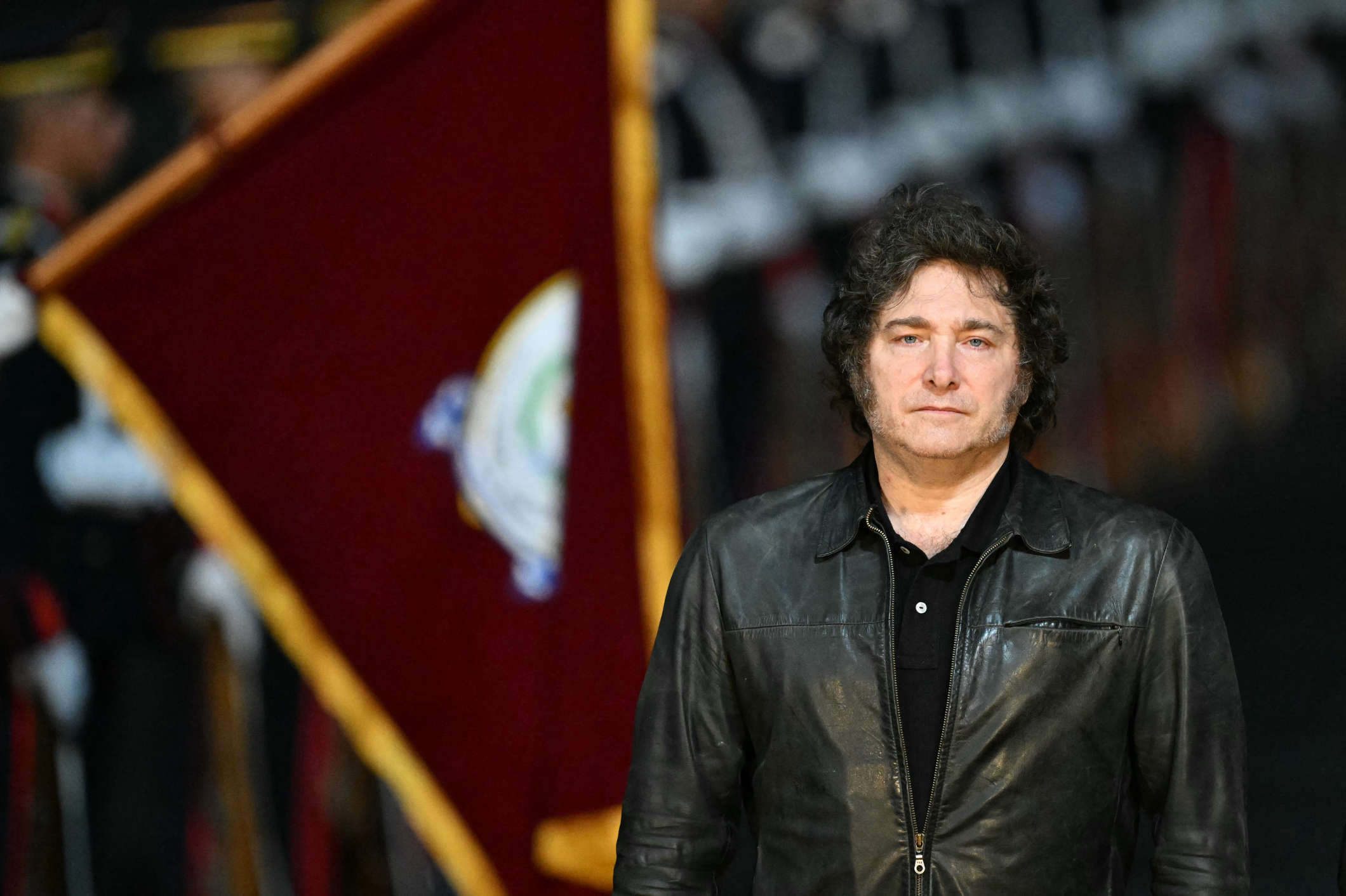President Milei's Eventful Foreign Travel Schedule and Its Domestic Repercussions
Since taking office, Argentine President Javier Milei has embarked on seven trips abroad in just six months, drawing both praise and heavy criticism. Initially, his itinerary included visits to the G7 Summit in Italy and the Peace Summit in Switzerland. However, Milei recently decided to scale back his European tour to address urgent issues at home. The nation's economic turbulence and internal political crises have intensified scrutiny over the president's frequent travels.
During an interview with Radio Miter, Milei defended his frequent absences by comparing himself to historical figures like Moses. However, this defense did little to quell the criticism. According to Casa Rosada sources, Milei will still attend the G7 Summit in Rome but will return to Argentina immediately after on June 15. The urgency for his presence back home comes at a time of significant upheaval within his administration. Milei plans to return to Europe on June 21 to accept an award from the Spanish Juan de Mariana Institute.
Political and Operational Turmoil in Argentina
The president’s decision to prematurely end his tour comes amid a complex political scenario and a cascade of scandals at home. One of the most glaring issues has been the controversy surrounding the distribution of food by the Ministry of Human Capital. Investigations revealed at least 5,000 tons of essential food items purchased during Alberto Fernández’s administration were not distributed and were nearing expiration. This mishandling led to public outrage and judicial action, which further strained the administration.
In response to these challenges, Milei dismissed Secretary Pablo de la Torre, but the reshuffle did not ease public discontent substantially. This is not an isolated instance of cabinet restructuring; the government has been undergoing significant changes, including the resignation of Chief of Staff Nicolás Posse over disagreements on the government's direction. The Ministry of the Interior was downgraded to a secretariat under the Chief of Staff's office, signaling a larger reconfiguration aimed at boosting efficiency.
While Milei remains a controversial figure, he insists that these administrative changes will lead to a more efficient government. He has expressed strong support for key ministers like Luis Caputo and Sandra Pettovello, describing the latter as 'the best minister in history.' Moreover, Milei plans to include former Central Bank President Federico Sturzenegger in a new governmental role, highlighting his determination to tackle the complex issues at hand.
- The complexity of Argentina's internal situation is further exacerbated by an economic crisis. The inflation rate remains alarmingly high, with projections for the end of 2024 indicating a staggering 143.5%. Despite these figures, there has been some optimism for a downward trend in the near future.
- Additionally, Milei's legislative ambitions have faced numerous obstacles. One of his key projects, the Law of Bases and Starting Points for the Freedom of Argentines, known for its extensive 232 articles, successfully passed the Lower House but awaits approval by the Senate. If ratified, this would mark a significant legislative victory for Milei’s administration.
- In the eye of increasing political challenges and a scrutinizing public, Milei's decision to shorten his European tour is seen as an effort to stabilize the domestic climate. His upcoming visit to Spain aims to maintain international diplomatic relations while celebrating his perceived achievements in defending libertarian ideals.






